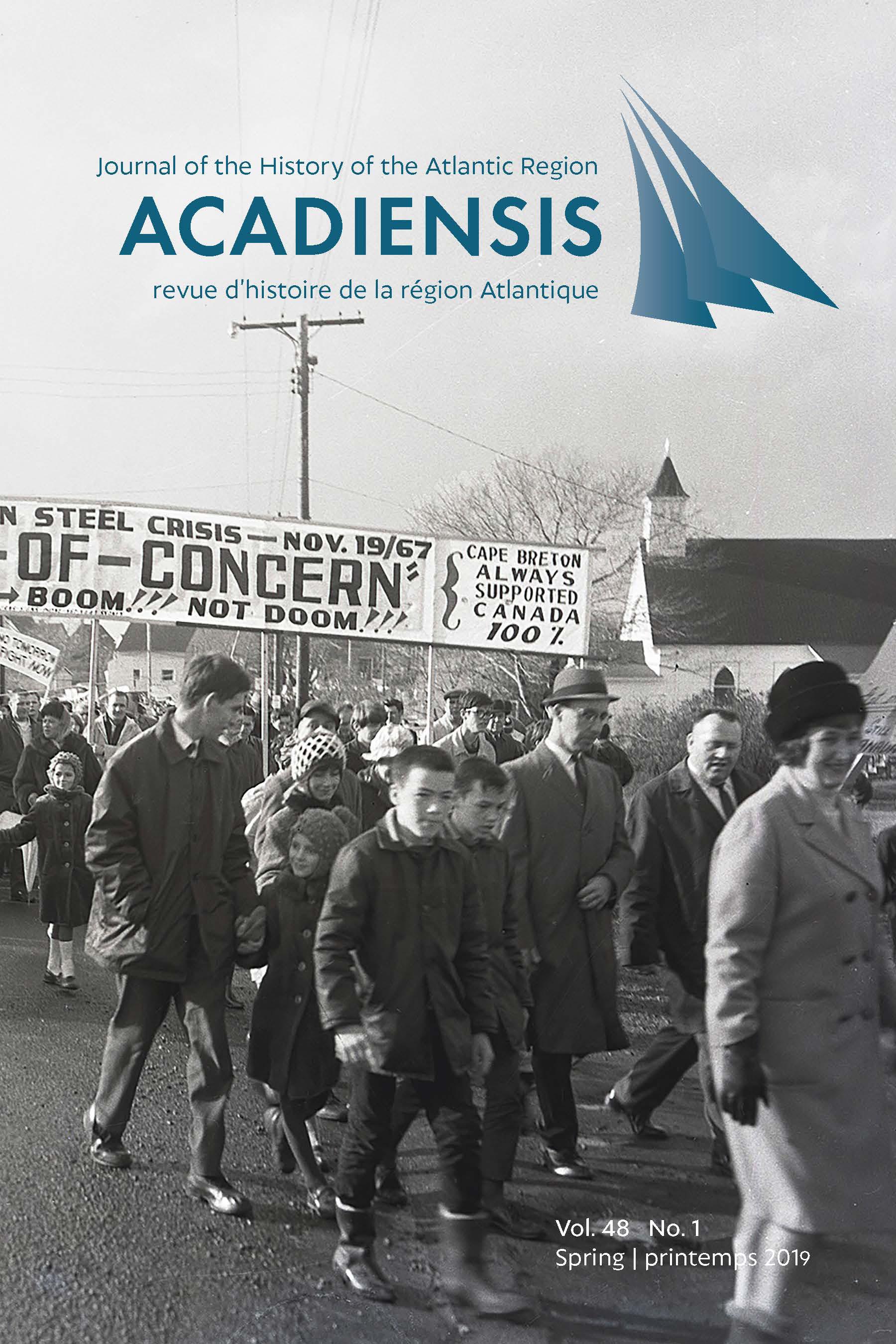Abstract
The Ku Klux Klan movement in New Brunswick in the 1920s and 1930s was part of a wave of anti-Catholicism in the Northeast. The supposedly American organization’s connections with local Protestants, such as the Orange Order and Conservative politicians, coupled with New Brunswick’s long history of anti-Catholicism, indicate that the Klan’s nativism was not foreign to the province. Instead, it was part of a region-wide response to a thriving Catholic population that challenged the Protestant, anglophone milieu. The Klan’s transnational “Patriotic-Protestantism” rejected bilingualism and Catholic participation in the political sphere while promoting traditional Anglo-Saxon values and Protestant morality.
Copyright for articles published in this journal is retained by the author(s), with Acadiensis being granted a non-exclusive licence to each and every right in the work throughout the world. After publication of the work, the author(s) shall have the right to self-archive the work and to reprint the work in whole or in part in books authored by or edited by the author(s) without the payment of any fee. In these other formats, however, the author or authors are required to acknowledge the original publication of the work in the pages of the journal. In the case of any requests to reprint the work, Acadiensis will require a standard permission fee -- to be divided equally between the journal and the author. In the event that such requests are received by the author(s), the author(s) shall direct such requests to the journal.

